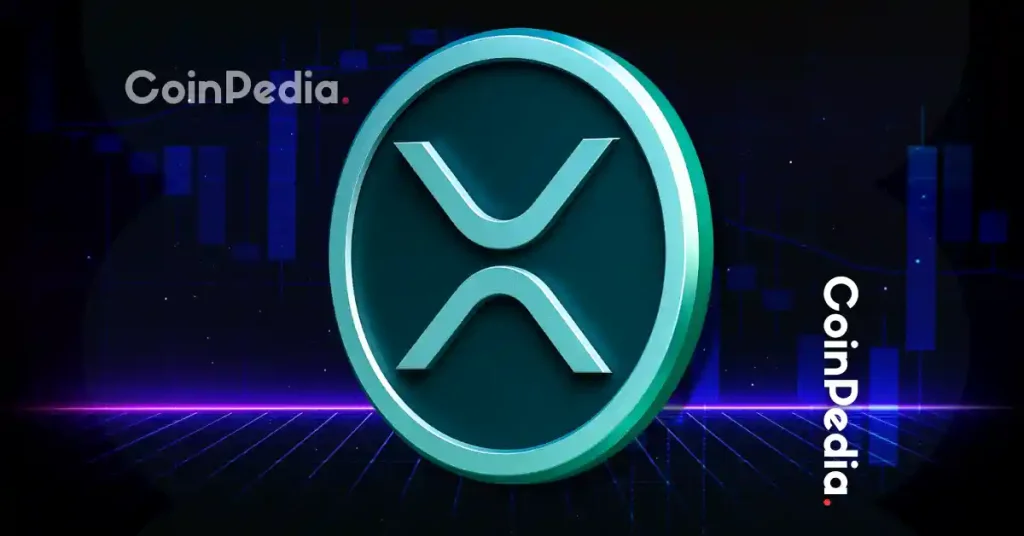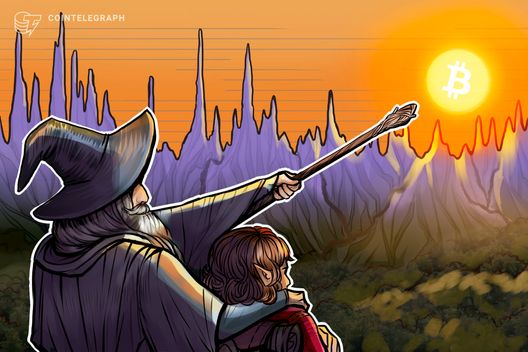XRP Ledger Uses Bitcoin-Style Block Hashing, Says Former Ripple Exec


The post XRP Ledger Uses Bitcoin-Style Block Hashing, Says Former Ripple Exec appeared first on Coinpedia Fintech News
A recent debate on Twitter sparked a discussion about the role of newer networks like XRP in the crypto space and how they compare to Bitcoin.
While Bitcoin remains the most well-known digital asset, networks like the XRP Ledger aim to address some of its limitations. Two prominent voices, David Marcus, CEO of Lightspark, and Matt Hamilton, former Director at Ripple, recently shared their perspectives.
Bitcoin vs. XRP
Marcus says Bitcoin is unique and cannot be copied, though it can improve in some ways. However Hamilton questions why it’s being reinvented when other technologies, like XRP, already exist. On this, Marcus argued that no other system offers truly neutral digital money.
Debating Bitcoin’s Sustainability and Decentralization
Hamilton challenged Bitcoin’s long-term sustainability, pointing to potential economic and security risks. He argued that it’s unlikely many Bitcoin miners will stay in the market after the next two halvings. Marcus dismissed this concern, saying rising BTC prices, lower energy costs, and higher Layer 2 network fees will attract new miners, including new regions and sovereign states.
Hamilton also questioned Bitcoin’s decentralization, arguing that mining pools are becoming increasingly centralized due to protocol incentives and economies of scale, unlike XRP, where anyone can run a node, just like Bitcoin.
XRPL Uses Bitcoin-Style Hashing, Says Hamilton
Hamilton challenges the criticism of XRP, explaining that the XRP Ledger is a real blockchain where transactions are grouped into blocks, each block containing the hash of the prior block, creating an immutable record. “It even uses the same block hash and key ciphers as Bitcoin,” he said.
He also argued that XRP can be more profitable than Bitcoin, noting that if Michael Saylor had bought XRP instead of BTC, his company MSTR could be worth twice as much. He also shared that his own XRP investment has outperformed his Bitcoin holdings.
The debate highlights the ongoing discussion in the crypto world about the strengths and limitations of Bitcoin compared to newer networks like XRP. This comes as the XRP Ledger continues to evolve. Ripple recently partnered with Ondo Finance to bring tokenized U.S. Treasuries to the XRP Ledger.
The XRP Ledger is rapidly evolving into a leading platform for institutional DeFi. Over the past year, XRPL has hit $1B+ monthly stablecoin volume, entered the top 10 for real-world assets, and launched compliance tools like Credentials and Deep Freeze.
Meanwhile, the upcoming XRPL native lending protocol will unlock low-cost, compliant credit markets at the protocol level. Zero-knowledge proofs (ZKPs) are being developed to balance privacy, compliance, and scalability. With lending, compliance, programmability, and tokenization all coming together, XRPL is shaping up as a top choice for institutional finance.




